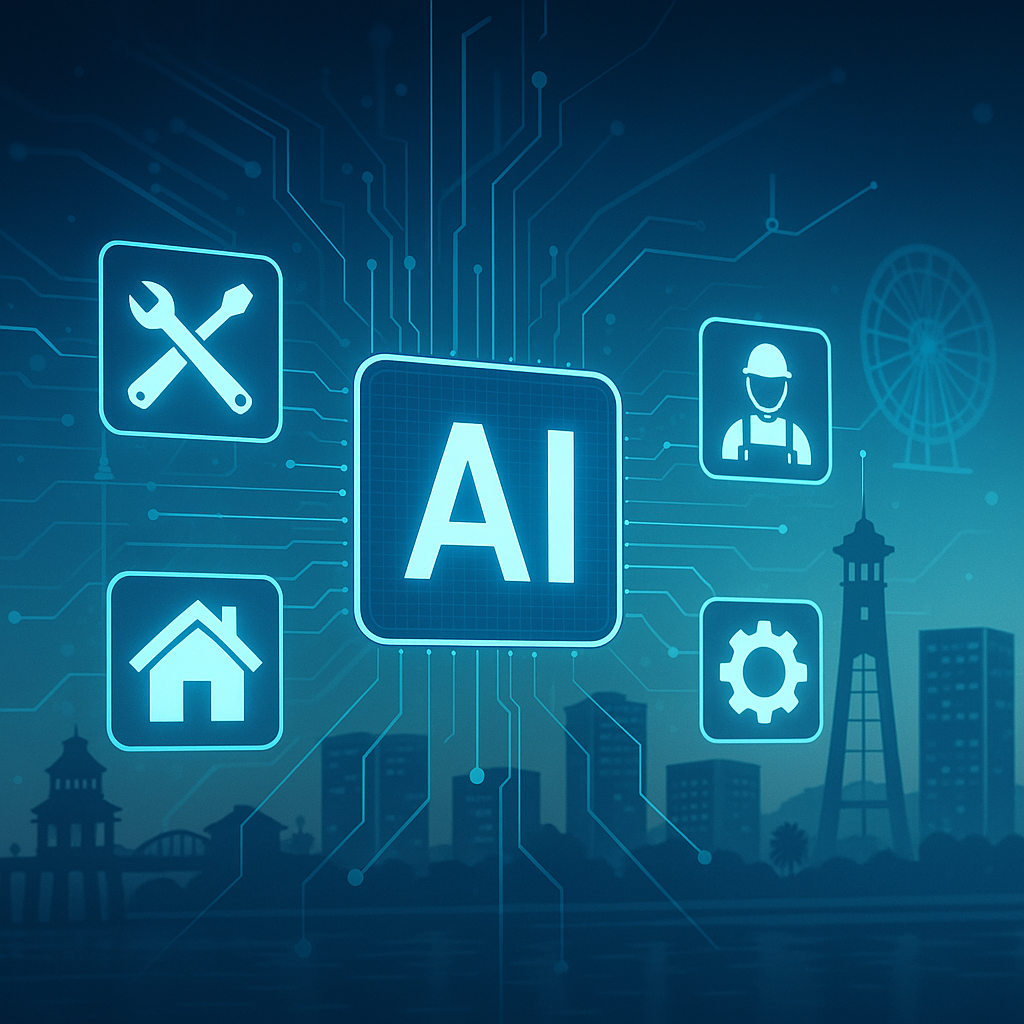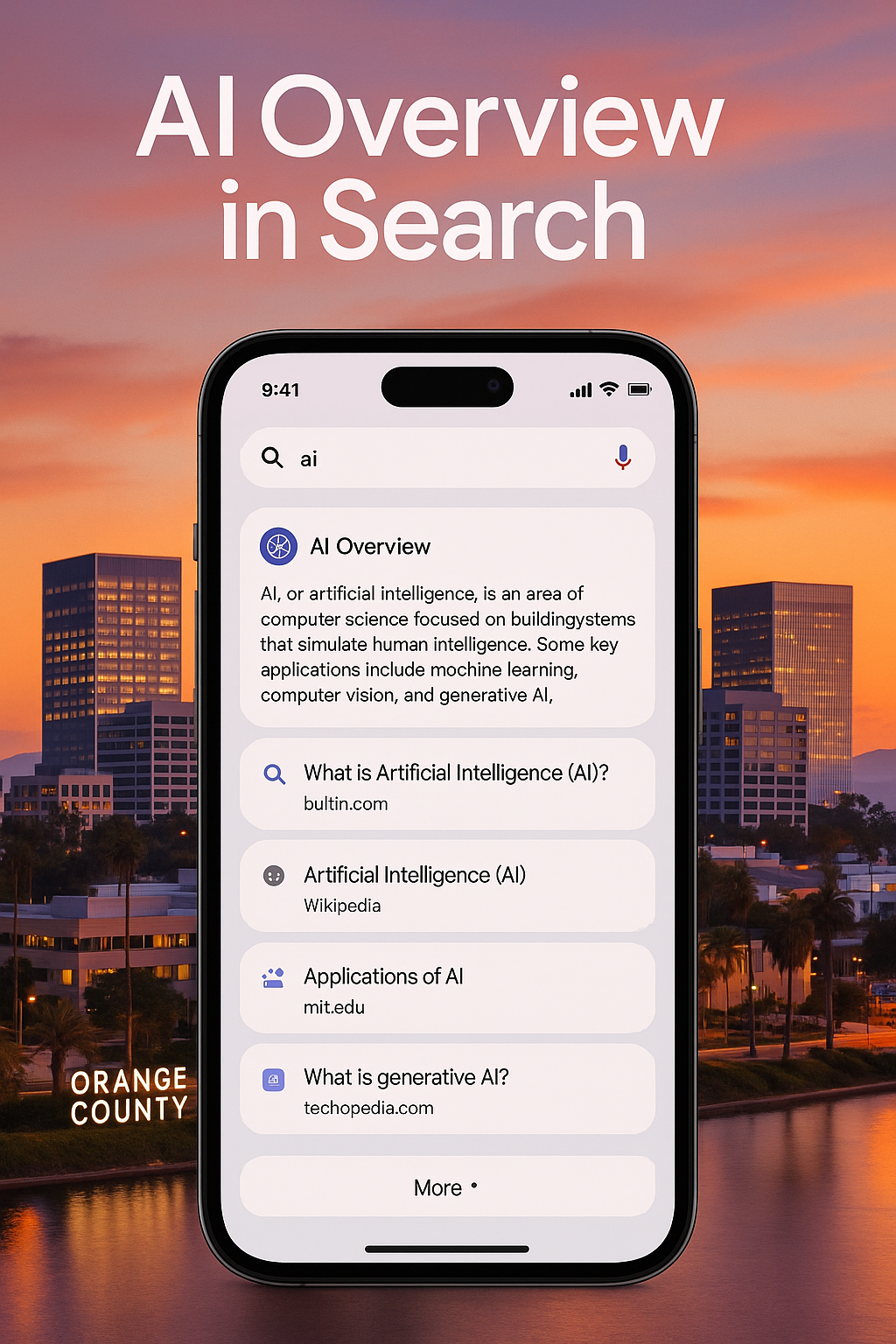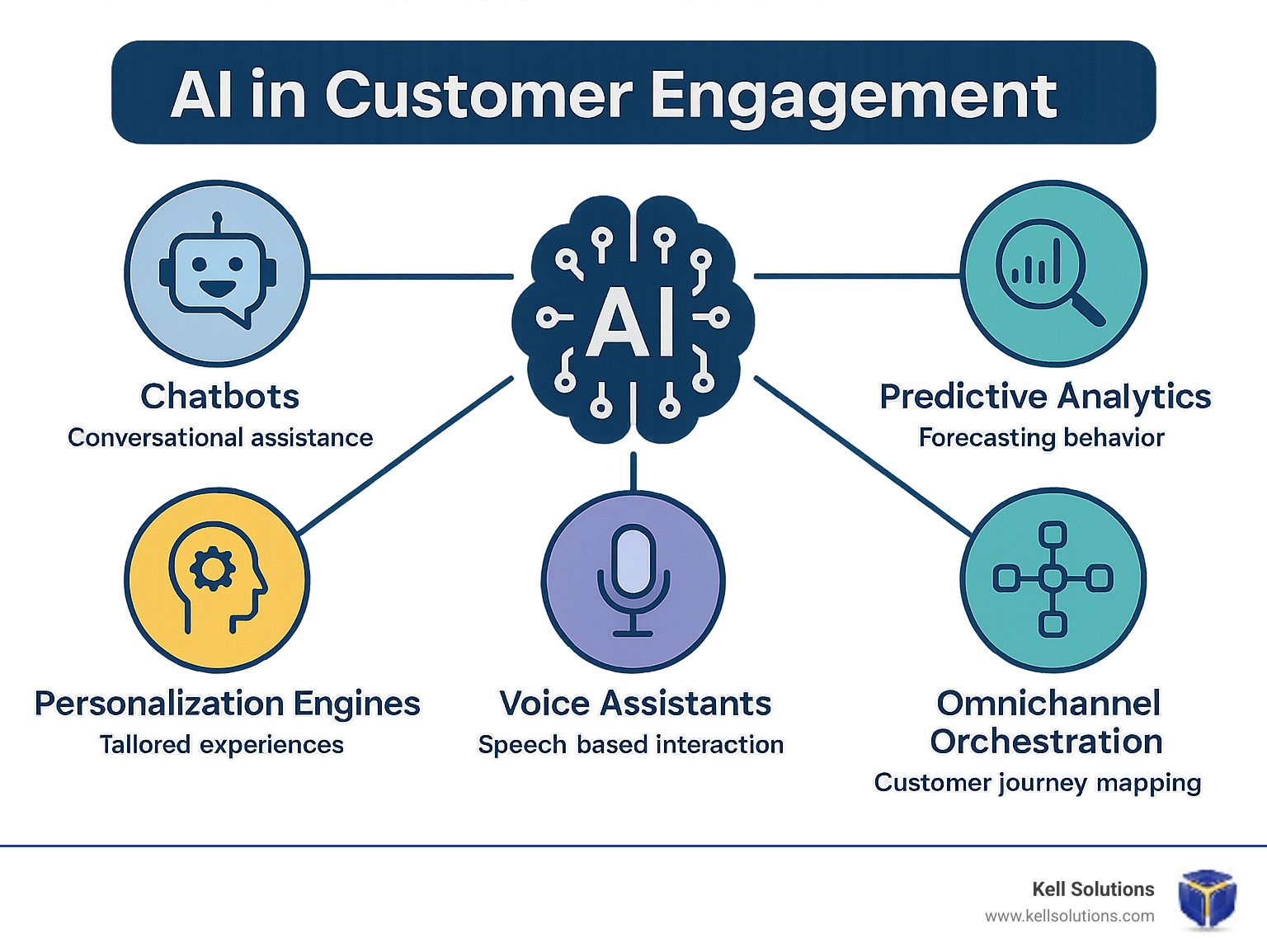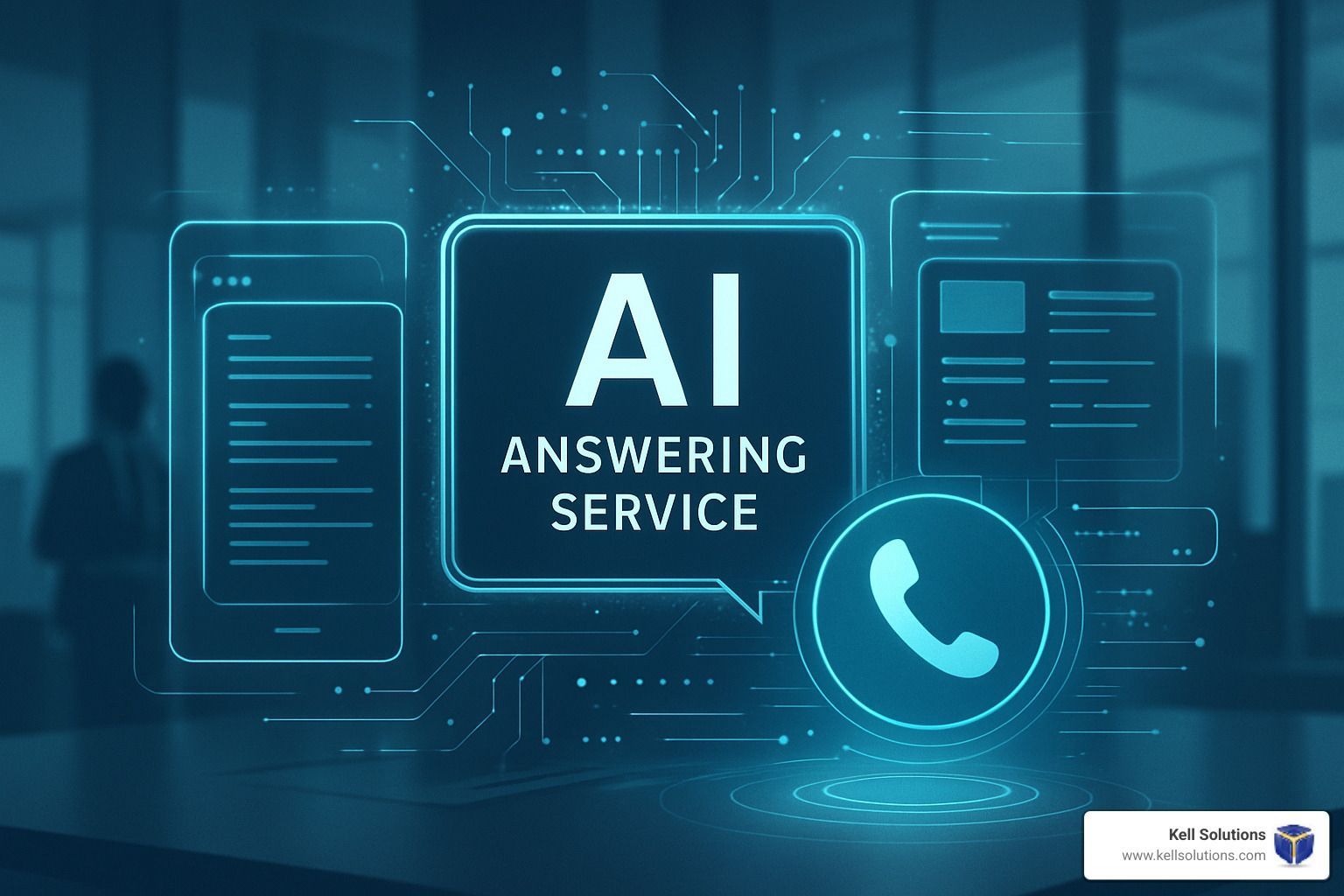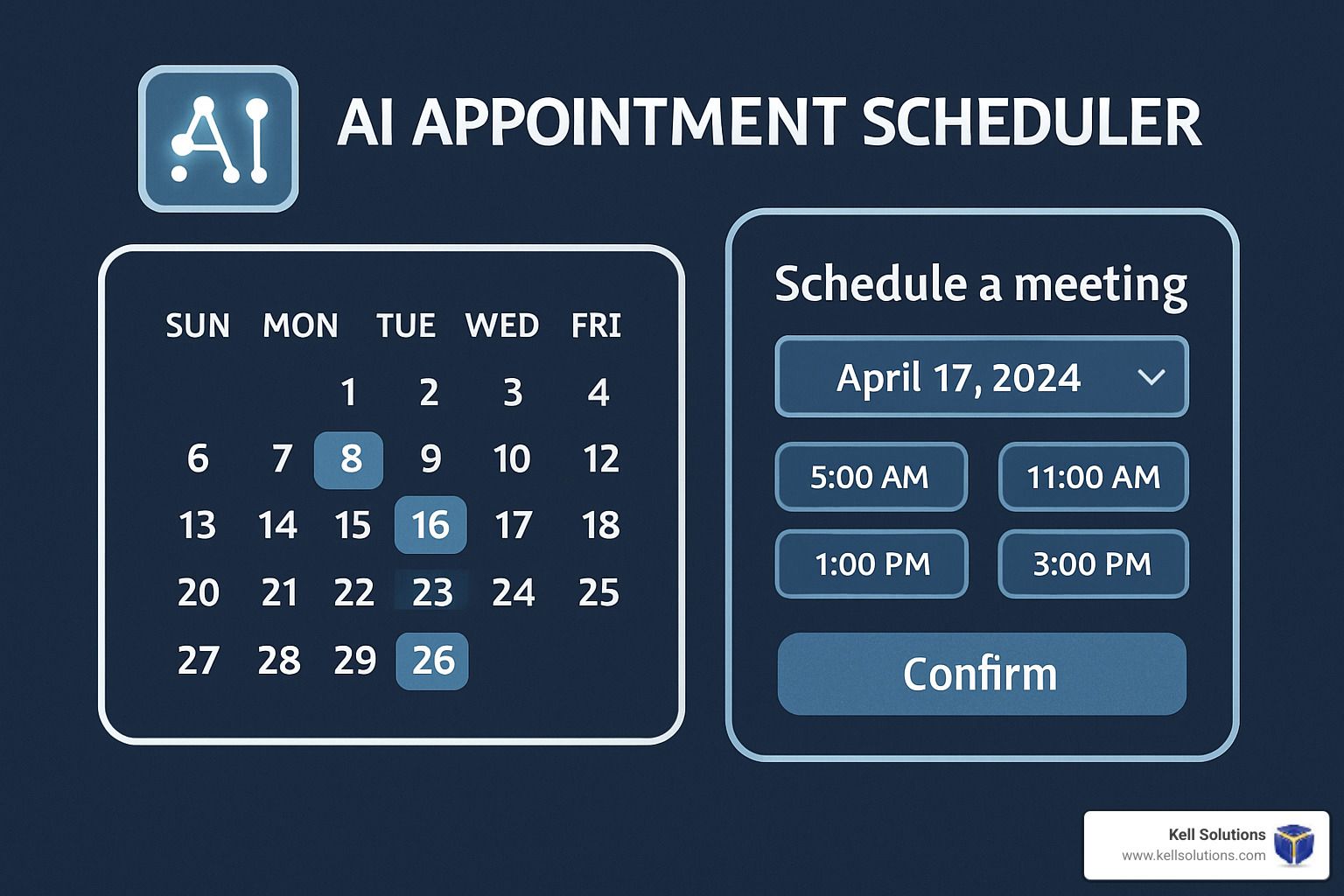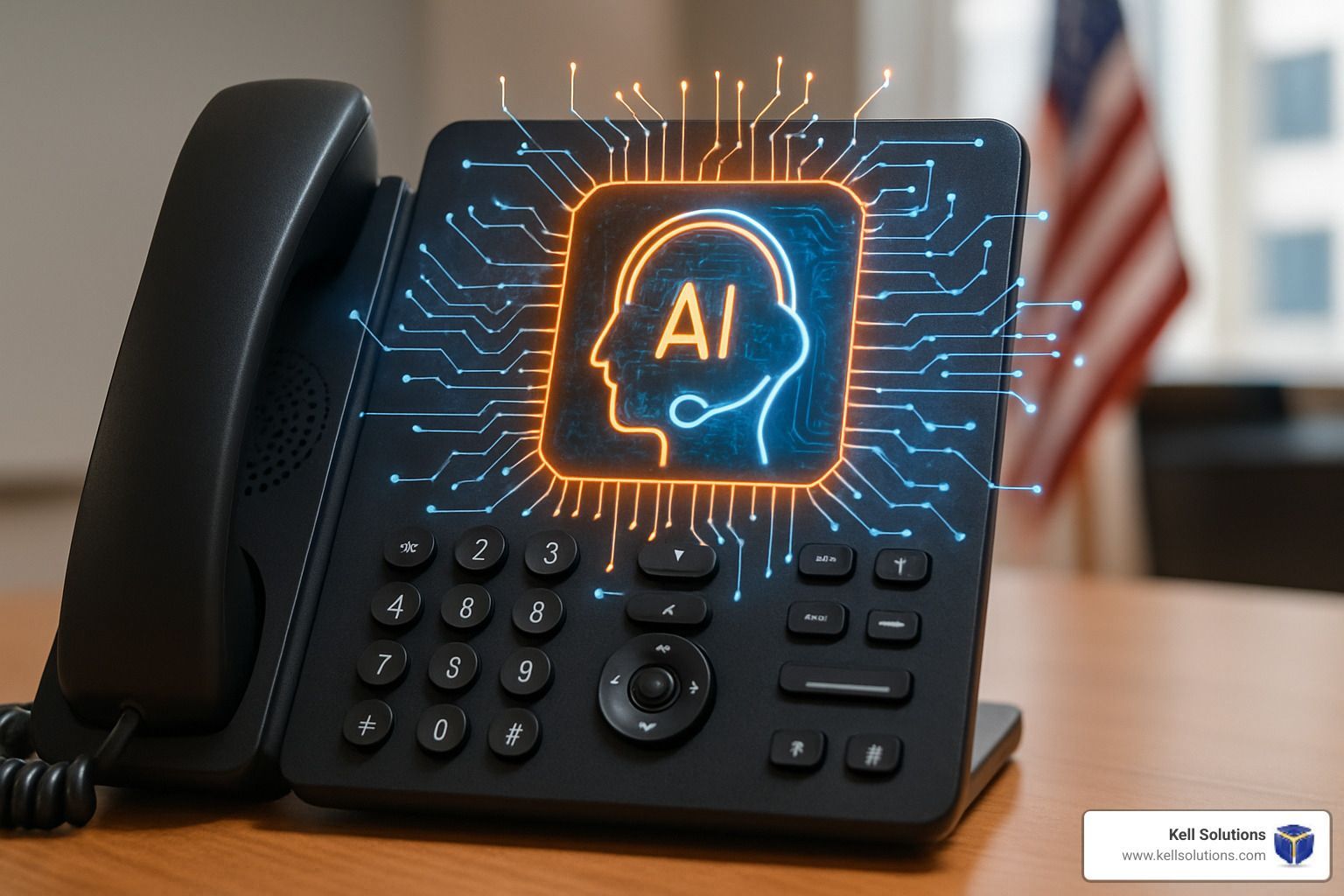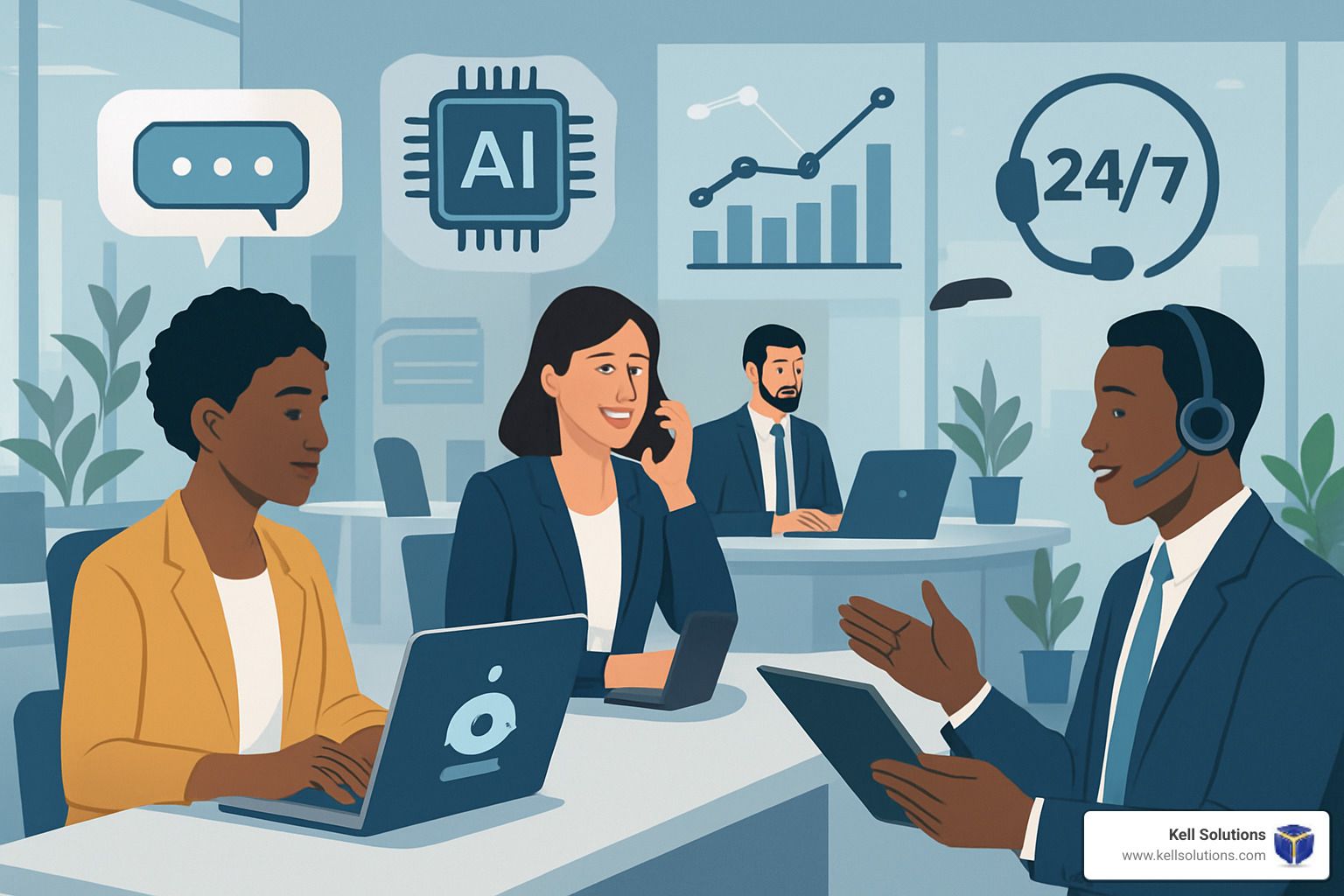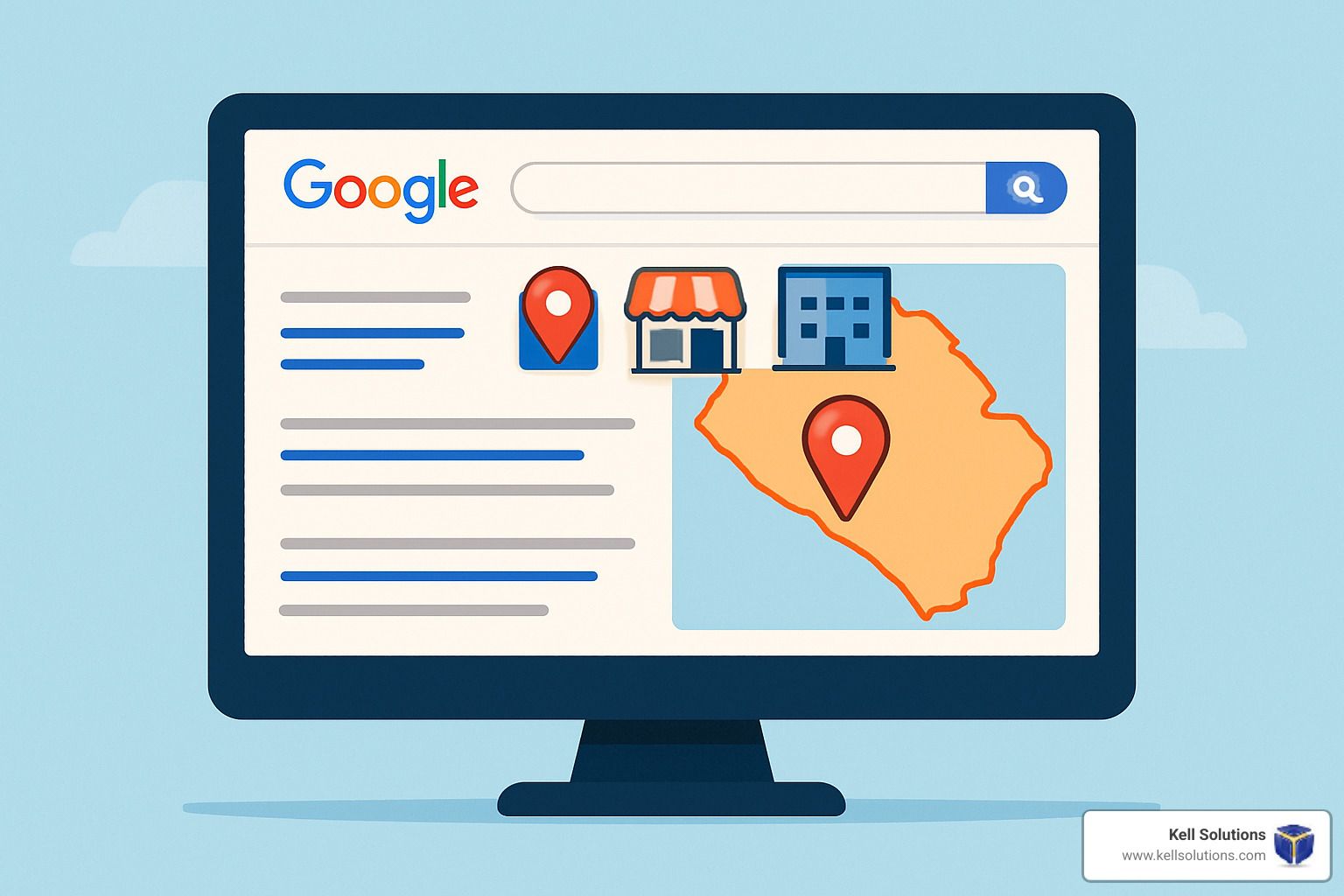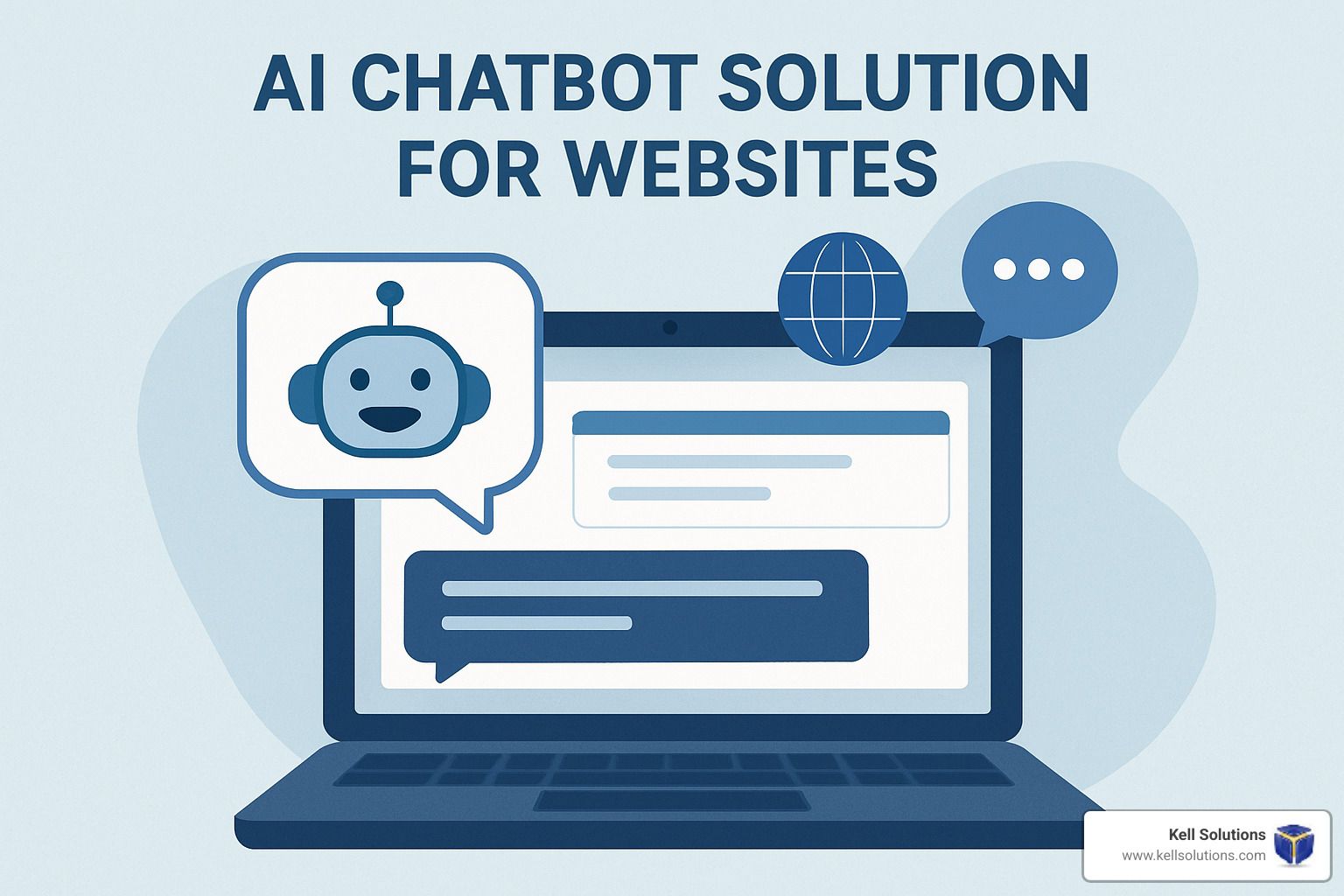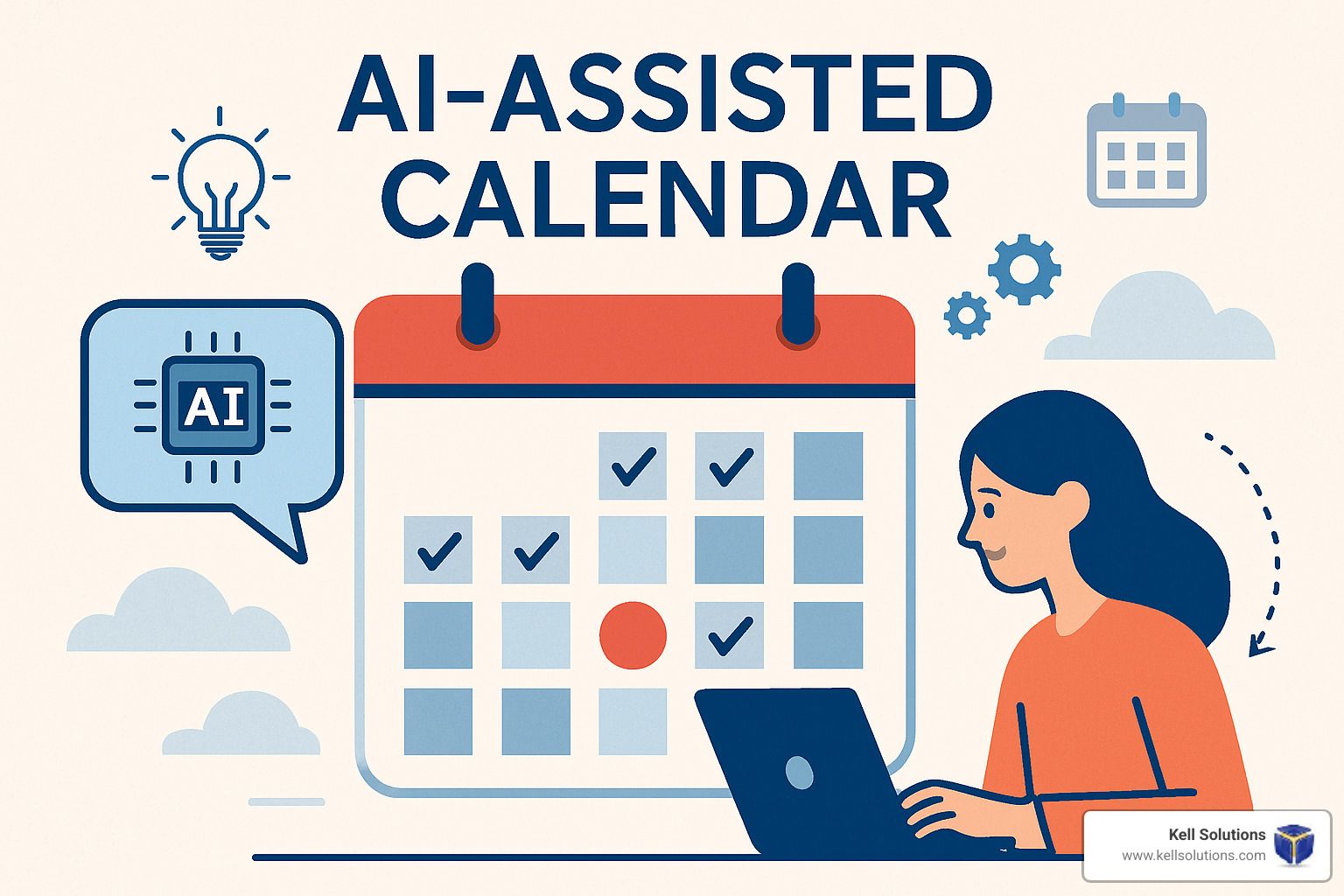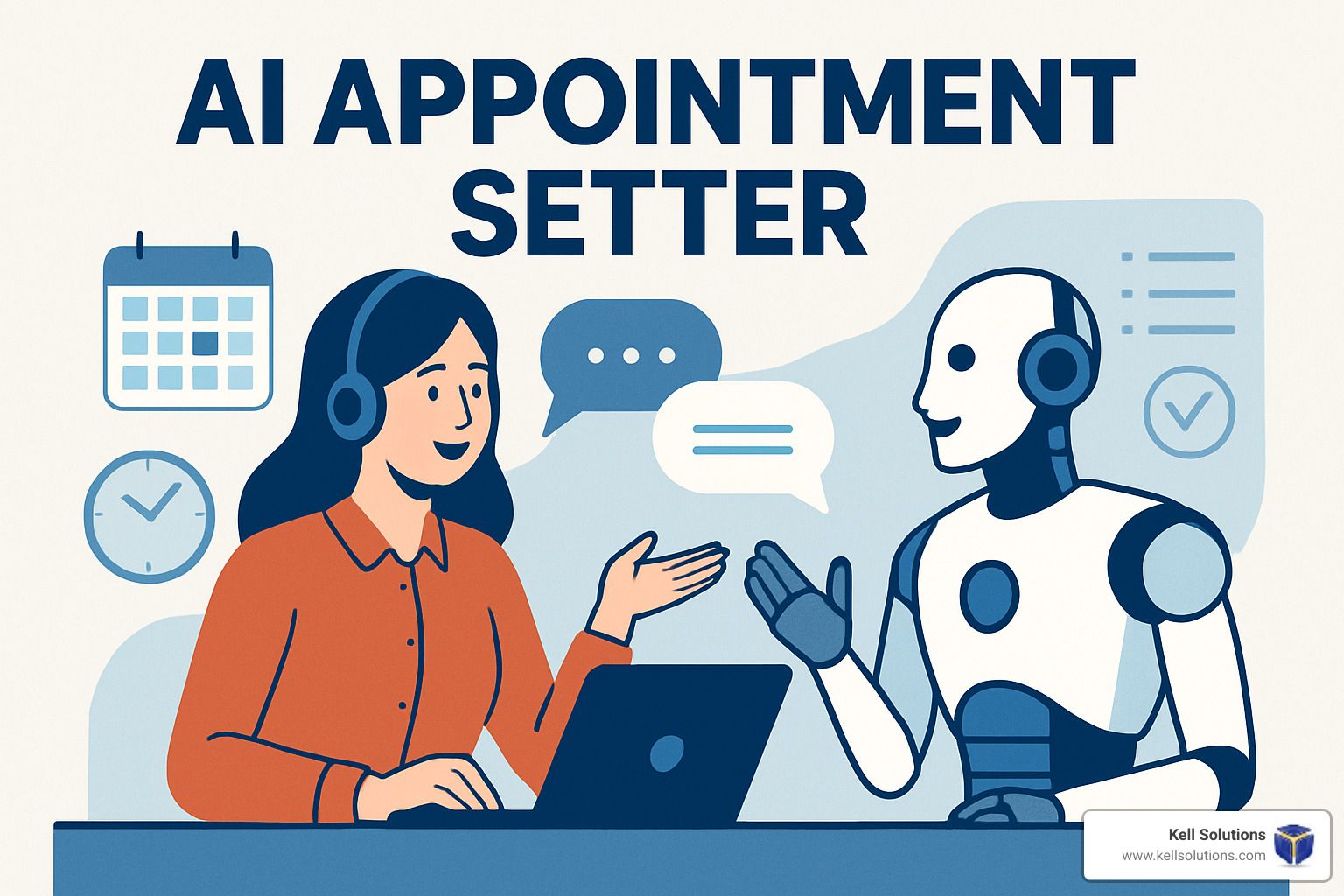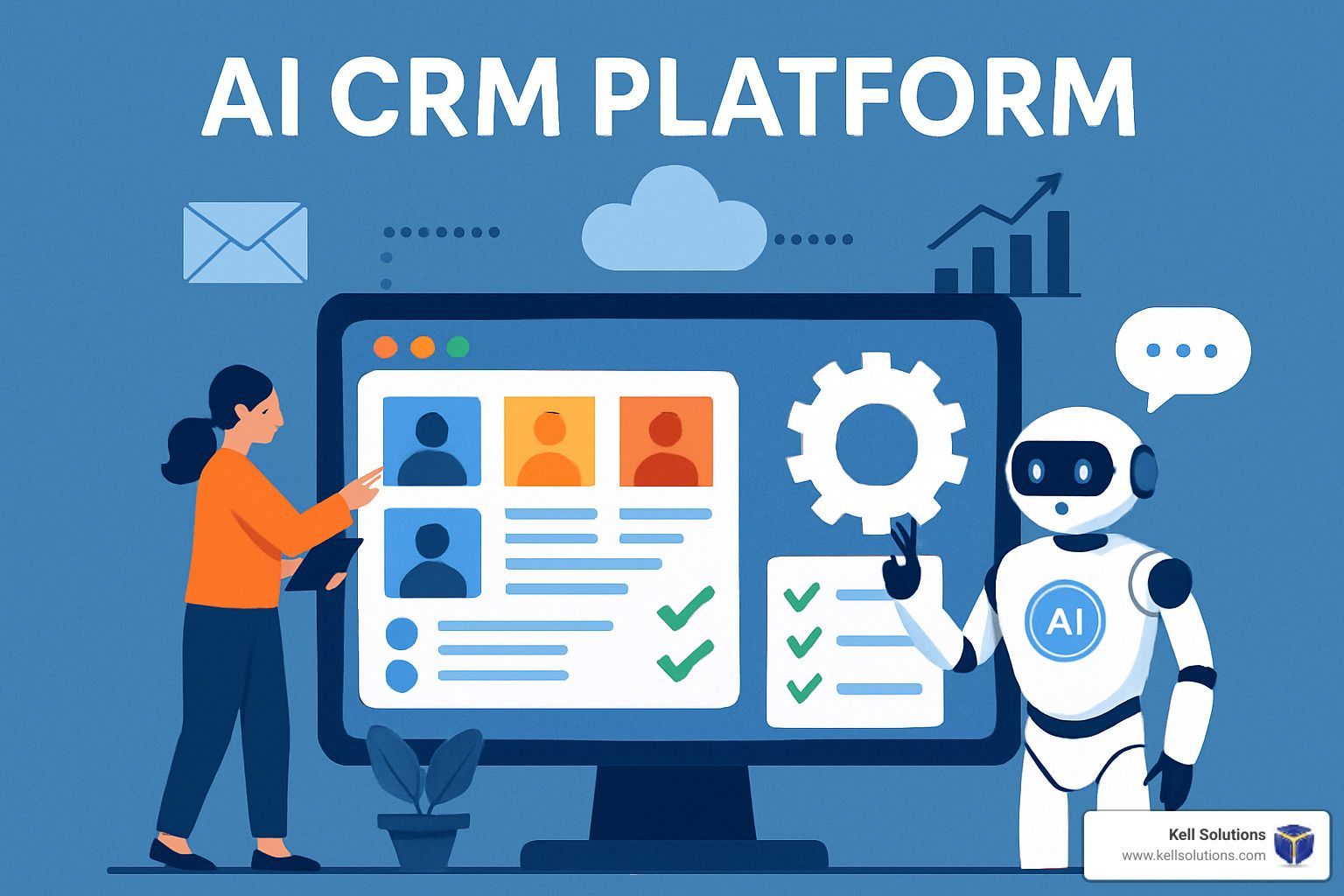AI Customer Service Guide: Benefits, Introduction & Tips
Exploring How AI Enhances Customer Interactions
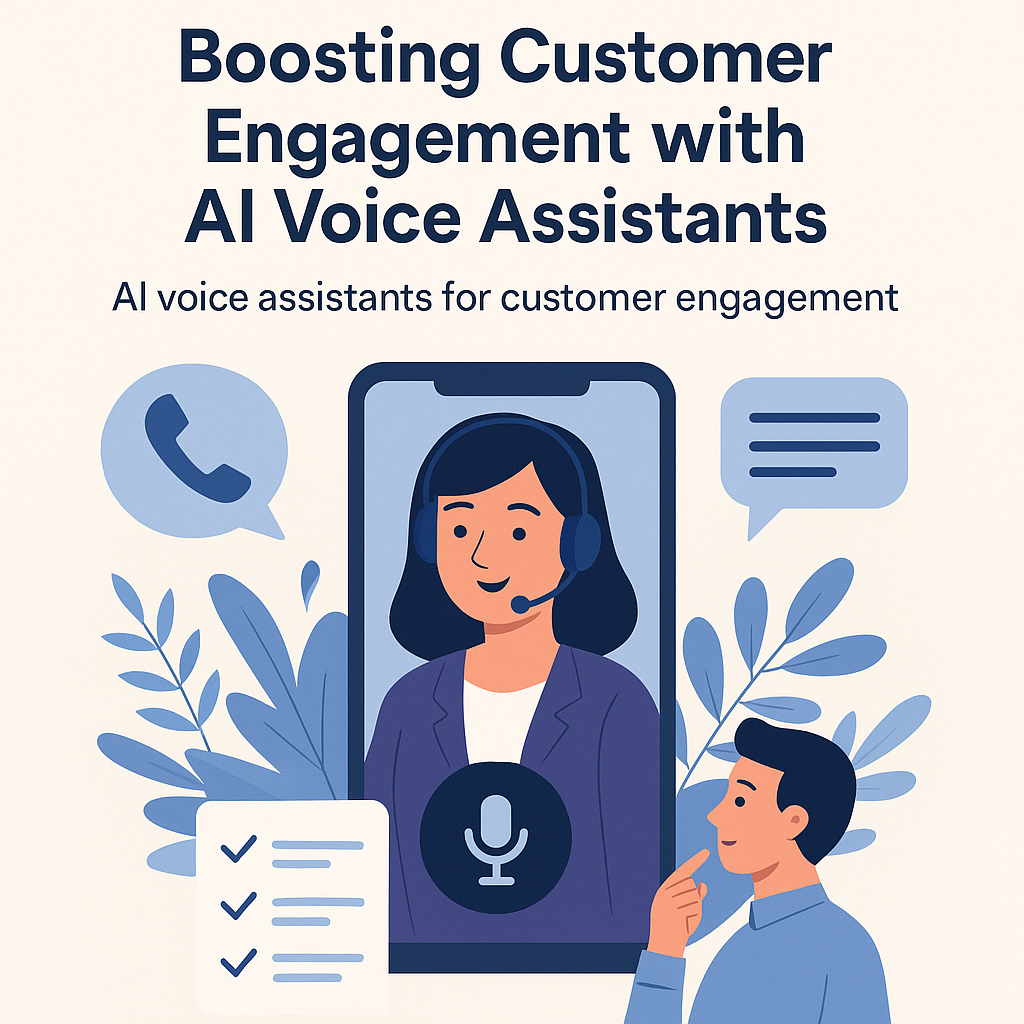
Key Takeaways
- AI in customer service can cut operational costs by up to 30%.
- AI tools provide 24/7 support, ensuring customers receive help at any time.
- Personalized interactions through AI lead to higher customer satisfaction and loyalty.
- AI can handle thousands of simultaneous conversations, improving efficiency.
- Implementing AI can boost revenue by enabling upselling and cross-selling.
Why AI in Customer Service is Transformative
In today's fast-paced world, businesses must adapt to meet the ever-growing demands of their customers. One transformative approach is the integration of artificial intelligence (AI) in customer service. This shift is not just about keeping up with technological trends; it's about fundamentally enhancing how companies interact with their customers.
Instant Response Matters
Imagine needing help with a product in the middle of the night. You reach out to customer service, expecting a long wait, but instead, you get an immediate response. This is the power of AI. AI-driven chatbots and virtual assistants are designed to provide instant answers to customer queries, regardless of the time or day. This immediate response can significantly enhance customer satisfaction, as people generally appreciate quick solutions to their problems.
Handling High Volumes Efficiently
Businesses often face challenges when dealing with high volumes of customer inquiries. AI can handle this effortlessly. With the ability to manage thousands of simultaneous conversations, AI tools ensure that no customer is left waiting. This efficiency not only improves customer satisfaction but also allows human agents to focus on more complex issues that require a personal touch.
"A major Asian bank cut service costs by over 20% using AI customer service solutions." - McKinsey
AI's ability to process large volumes of inquiries efficiently is a game-changer. It reduces the burden on human agents, allowing them to be more productive and focused on tasks that truly need their attention.
Improving Customer Loyalty and Retention
Customer loyalty is crucial for any business. AI helps improve this by providing personalized interactions. By analyzing customer data, AI can offer tailored solutions and recommendations, making customers feel valued and understood. This personalized approach not only enhances customer satisfaction but also encourages them to stay loyal to the brand.
Boosting Profitability Through AI
AI doesn't just improve customer service; it also boosts profitability. By enabling upselling and cross-selling through personalized product suggestions, AI can increase revenue. When customers receive recommendations that align with their preferences and needs, they're more likely to make additional purchases.
Key Benefits of Adopting AI in Customer Service
"63% of retailers now use AI for customer service." - Capgemini
The benefits of AI in customer service are numerous and impactful. From cost savings to improved customer experiences, AI offers a range of advantages that can transform how businesses operate.
Let's dive deeper into some of the key benefits that AI brings to customer service.
Superior Cost Savings
One of the most significant advantages of AI is cost savings. By automating repetitive tasks, AI reduces the need for large customer service teams. This can result in significant savings on labor costs. According to McKinsey, AI in customer service can cut operational costs by up to 30%, making it a financially sound investment for businesses of all sizes.
Round-the-Clock Availability
AI tools are available 24/7, ensuring that customers can receive support whenever they need it. This constant availability is crucial in today's global market, where customers may be in different time zones. With AI, businesses can provide seamless support around the clock, enhancing the overall customer experience.
Customization of Customer Interactions
AI excels at personalizing customer interactions. By analyzing data such as purchase history and preferences, AI can offer tailored responses and recommendations. This level of customization makes customers feel valued and understood, leading to higher satisfaction and loyalty.
Besides improving the customer experience, personalized interactions can also drive sales. When customers receive relevant product suggestions, they're more likely to make additional purchases, boosting the company's bottom line.
Getting Started With AI Customer Service
Embarking on the journey to integrate AI into your customer service operations can seem daunting. However, with a structured approach, businesses can seamlessly incorporate AI technologies to enhance their service offerings. The key is to start small, evaluate the results, and gradually expand the implementation.
Pilot Projects to Consider
Before fully committing to AI, it's wise to start with pilot projects. This allows you to test the waters and understand how AI can benefit your operations. Focus on areas with high volumes of repetitive inquiries, such as FAQs or appointment scheduling. By automating these tasks, you can immediately see the impact AI has on efficiency and customer satisfaction.
For instance, consider implementing a chatbot to handle common customer questions. This can free up your human agents to deal with more complex issues, improving the overall efficiency of your customer service team.
Best AI Tools for Your Business Needs
Choosing the right AI tools is crucial for a successful implementation. There are numerous options available, each with its own strengths and weaknesses. Consider the specific needs of your business when selecting a tool. Do you need a chatbot for 24/7 customer support? Or perhaps a virtual assistant to help with scheduling and reminders?
Some popular AI tools for customer service include:
- Chatbots: Tools like Zendesk and Drift offer robust chatbot solutions for handling customer inquiries.
- Virtual Assistants: IBM Watson Assistant and Google Dialogflow are excellent for providing personalized customer interactions.
- Sentiment Analysis: Tools like MonkeyLearn can help you understand customer emotions and adjust your approach accordingly.
Ensuring Seamless Integration With CRMs
Integrating AI with your existing Customer Relationship Management (CRM) systems is essential for a cohesive customer service strategy. This ensures that all customer interactions, whether handled by AI or human agents, are recorded and accessible in one place.
Most AI tools offer integrations with popular CRMs like Salesforce and HubSpot. Ensure that your chosen AI solution can seamlessly connect with your CRM to provide a unified view of customer interactions.
Effectively Implementing AI Solutions
Once you've chosen your AI tools and conducted pilot projects, it's time to implement AI solutions on a larger scale. This phase requires careful planning and execution to ensure a smooth transition and maximize the benefits of AI.
Start by clearly defining the roles of AI and human agents in your customer service operations. This will help you maintain a balance between automation and personal interaction, which is crucial for providing excellent customer service.
Caring About Data Privacy
Data privacy is a significant concern when implementing AI in customer service. Customers trust you with their personal information, and it's your responsibility to protect it. Ensure that your AI solutions comply with data protection regulations, such as GDPR or CCPA, and implement robust security measures to safeguard customer data.
Balancing AI and Human Touch
While AI can handle many customer interactions, there are times when a human touch is necessary. Complex issues, emotional situations, or high-value customers may require a personal approach. It's essential to strike a balance between AI automation and human interaction to provide the best customer experience.
Train your team to understand when to escalate issues to a human agent and how to work alongside AI tools to enhance their productivity.
Training and Preparing Your Team
Your customer service team plays a crucial role in the successful implementation of AI. Provide comprehensive training to help them understand the capabilities and limitations of AI tools. This will enable them to effectively collaborate with AI and focus on tasks that require a human touch.
Encourage open communication and feedback from your team to identify any challenges or areas for improvement in the AI implementation process.
Effective Monitoring and Optimization Practices
Continuous monitoring and optimization are vital for maintaining the effectiveness of AI solutions. Regularly assess the performance of your AI tools and make necessary adjustments to improve their efficiency and accuracy.
Use analytics and reporting features to gain insights into customer interactions and identify trends or areas for improvement. This data-driven approach will help you refine your AI strategy and ensure it continues to deliver value to your business.
"Sephora's chatbot increased conversion rates by 11%." - Example of successful AI implementation
By actively monitoring and optimizing your AI solutions, you can ensure that they remain effective and continue to enhance your customer service operations.
Real-World Examples of AI Success in Customer Service
Many businesses have successfully integrated AI into their customer service operations, reaping significant benefits in terms of efficiency, cost savings, and customer satisfaction. Let's explore some real-world examples to see how AI is transforming customer service across different industries.
Small Businesses Maximizing Efficiency
Small businesses often face resource constraints, making it challenging to provide top-notch customer service. AI offers a cost-effective solution by automating routine tasks and enabling small teams to handle larger volumes of inquiries.
For example, a local bakery implemented an AI chatbot to manage online orders and customer inquiries. This not only improved response times but also freed up staff to focus on in-store customer interactions, enhancing the overall customer experience.
Retail and E-Commerce Achieving Higher Conversions
In the retail and e-commerce sectors, AI has become a powerful tool for driving higher conversion rates. By analyzing customer data, AI can offer personalized product recommendations and targeted promotions that resonate with individual shoppers. This tailored approach not only enhances the shopping experience but also increases the likelihood of customers making a purchase.
For instance, Sephora's use of AI chatbots has led to an 11% increase in conversion rates. By providing personalized beauty advice and product suggestions, Sephora has successfully engaged customers and encouraged them to complete their purchases.
Professional Image Projection for SMEs
Small and medium-sized enterprises (SMEs) often struggle to project a professional image due to limited resources. AI can help level the playing field by automating customer interactions and providing consistent, high-quality service. This not only improves the customer experience but also enhances the business's reputation.
Consider a small law firm that implemented an AI virtual assistant to manage client inquiries and appointment scheduling. This not only streamlined operations but also allowed the firm to present a polished and professional image to clients, ultimately attracting more business.
Embracing the Future of Customer Service
As we look to the future, it's clear that AI will play an increasingly important role in customer service. Its ability to provide instant, personalized support, handle high volumes of inquiries, and offer valuable insights makes it an invaluable asset for businesses of all sizes.
By embracing AI, companies can not only enhance their customer service operations but also improve efficiency, reduce costs, and boost profitability. The key is to strike the right balance between AI automation and human interaction to deliver the best possible customer experience.
Looking Ahead for Sustained Growth in AI Customer Service Best Practices
To achieve sustained growth, businesses must continue to innovate and adapt to changing customer expectations. AI offers a powerful solution for meeting these demands, but it's essential to stay informed about the latest developments and best practices in AI technology.
By continuously evaluating and optimizing their AI strategies, companies can ensure they remain competitive and continue to deliver exceptional customer service in the years to come.
Frequently Asked Questions
AI in customer service is a rapidly evolving field, and businesses often have questions about its implementation and impact. Here are some common questions and answers to help you better understand the potential of AI in customer service.
How does AI improve customer service experience?
AI improves the customer service experience by providing instant, accurate responses to inquiries, personalizing interactions based on customer data, and offering 24/7 support. This leads to higher customer satisfaction and loyalty.
What are the challenges of implementing AI in customer service?
Challenges include ensuring data privacy, balancing AI automation with human interaction, and integrating AI tools with existing systems. Businesses must also invest in training and ongoing optimization to maximize the benefits of AI.
How does AI ensure personalized customer interactions?
AI uses data analysis to understand customer preferences and behaviors. By leveraging this information, AI can tailor responses and recommendations to meet individual needs, creating a more personalized and engaging customer experience.
Can AI completely replace human customer service agents?
While AI can handle many routine tasks, it cannot fully replace human agents. Complex issues, emotional situations, and high-value customers often require a personal touch that only human agents can provide. A balanced approach is essential for optimal customer service.
What is the future of AI in customer service?
The future of AI in customer service is promising, with continued advancements in technology leading to even more sophisticated and effective solutions. Businesses that embrace AI will be well-positioned to meet evolving customer expectations and achieve sustained success.
📚 About the Author
Gregg Kell is a seasoned digital marketing strategist and founder of Kell Web Solutions, Inc., helping professional service firms grow through innovative AI-powered solutions like VoiceGenie AI. With over 20 years of experience in web development, lead generation, and business automation, Gregg is passionate about helping small businesses maximize growth and profitability through cutting-edge technologies.
When he’s not helping businesses boost their bottom line, Gregg enjoys life by the beach in Laguna Beach, California, with his wife Debbie, celebrating over 40 years of marriage and entrepreneurial adventures.
👉 Explore More from Gregg:
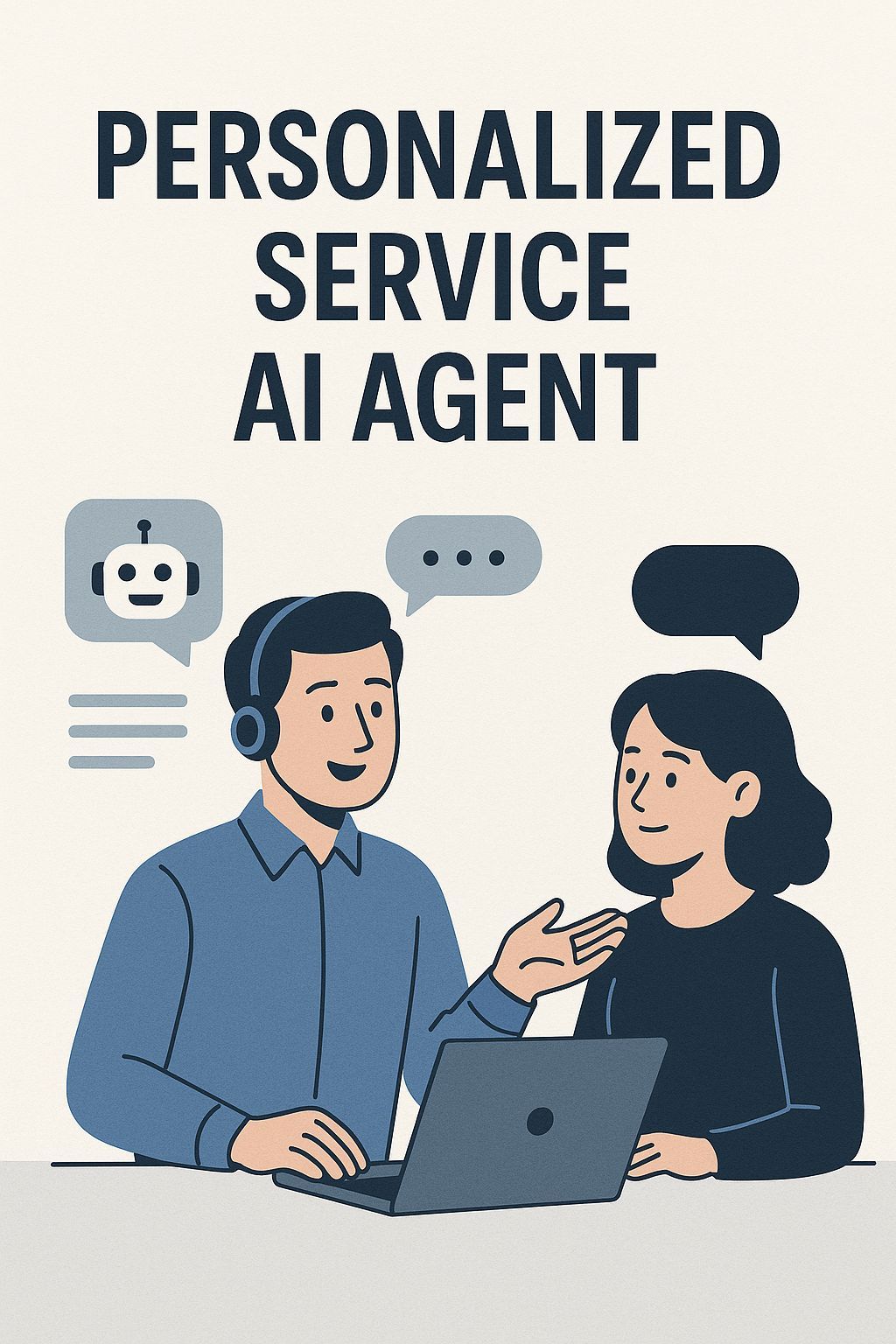

Orange County HVAC Google AI Overview Domination: 7 Proven Strategies to Capture Featured AI Results









